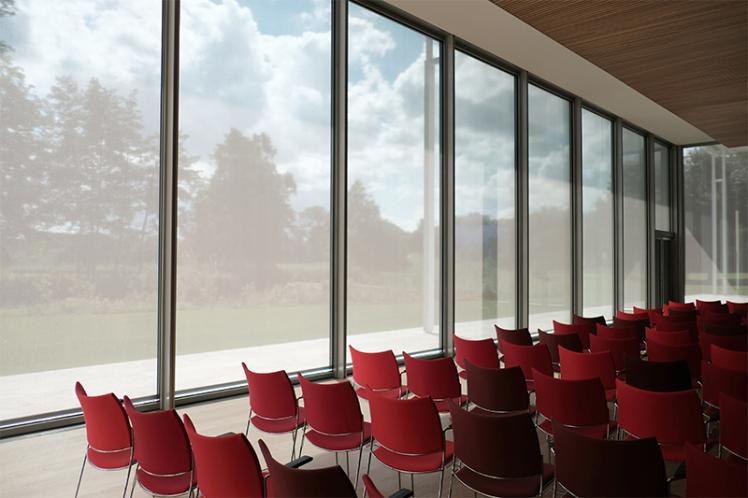3 Key Ways to Future-Proof Your Event

Being a kid in the 80s was great. In the days before games consoles, streaming services and posting selfies on social media, there were countless hours of fun to be had on a Raleigh Chopper bike, listening to 7” singles on a state-of-the-art Fisher Price record player and watching the latest video rentals on a VHS player. Reminiscing about my childhood memories has two benefits:
- It brings happiness
- It serves as a reminder that many things around 30 years ago are no longer in existence
‘Future-proofing’ is a buzzword used to describe the approaches and methods adopted by companies to ensure a viable future for their goods and services. It is essentially about companies making sure that whatever they provide (in this case, events) continue to appeal to their customers (or attendees) not only today and tomorrow, but the following day and into the future.
While we can never be certain what the future will bring, here are three tips to help ensure your events live long and prosper (ok, I was a Trekkie back in the 80s), into the future:
1. Spotting trends and identifying their impact
A key part of future-proofing is spotting the trends and developments that may have a good or bad impact on the events you’re organizing. Often these trends can be easy to spot because they’re already happening and affecting people from all walks of life. Global phenomena such as resource scarcity, climate change or advancements in technology, make headline news every day. As well as keeping an eye on global news, it’s important for event planners to keep a close eye on emerging trends specifically within the events industry. Every event professional should develop a list of ‘go to’ information sources to help keep them informed and updated on what’s happening in the industry. These can include industry magazines, shows and conferences, face-to-face networking, social media, membership organizations and market intelligence reports.
2. Look beyond the confines of the industry today
The best way to be prepared for the event experiences of the future, is to create them yourself, now. This may seem a little daunting, but here are some suggestions:
- Look beyond the existing events industry for new ideas and inspiration that can add another dimension to your next event. For example, the latest blockbuster movies showing in cinemas right now could hold the key to creating or inspiring a new and exciting theme for your next business meeting or conference.
- Collaborating with individuals and organizations who are creative and innovative in their approach will enable you to enhance your own levels of innovation for an existing event or new event concept. A great example is Jamie Oliver (a chef with a love of music) and Alex James (a musician with love of food) who joined forces to create The Big Feastival, a two-day family festival centred around music and food hosted on Alex's farm.
3. Tailor events to specific needs of your attendees
Creating events that are tailored to the specific needs of your attendees is the best way to ensure higher levels of customer satisfaction and consequently increase the likelihood of repeat custom. Through a process commonly referred to as co-creation, an event planner will invite the target audience to contribute to the development of ideas and concepts for an upcoming event, such as location or venue suggestions, guest speakers or entertainers, food and beverage choices etc. Social media makes it easy for people to contribute their ideas, as well as respond to other people’s suggestions during the co-creation process. Above all, the co-creation process should be one thing: Fun! The more enjoyable it is for people to get involved and share their ideas, the more likely it is that the event will be a success.
While we can’t gaze into a crystal ball and know for sure which events will continue to pull in the crowds, these three approaches are key to ensuring your events are prepared for the future.



